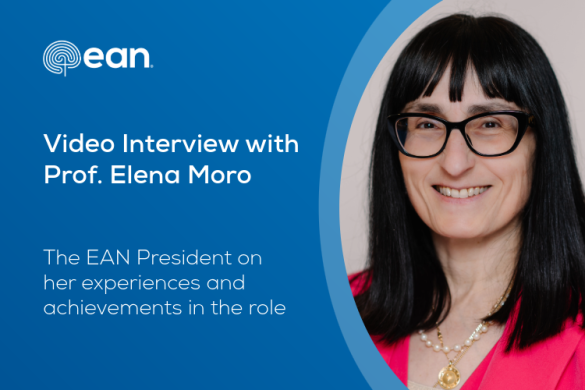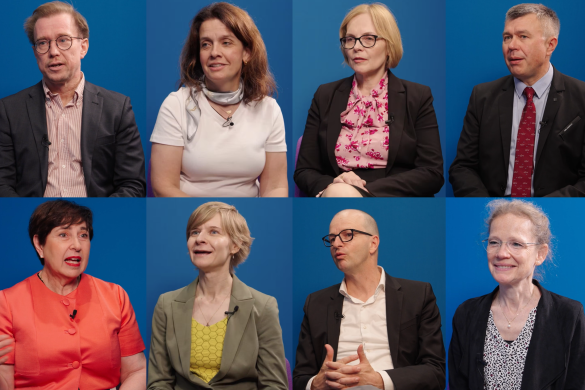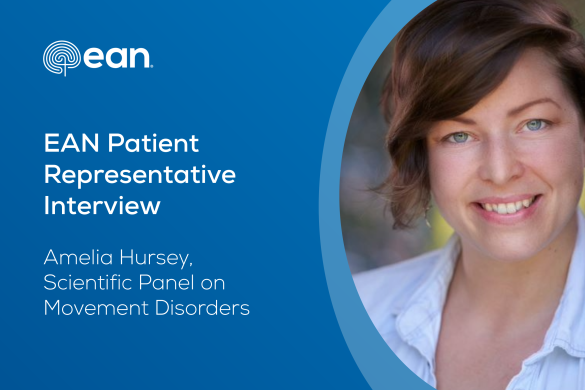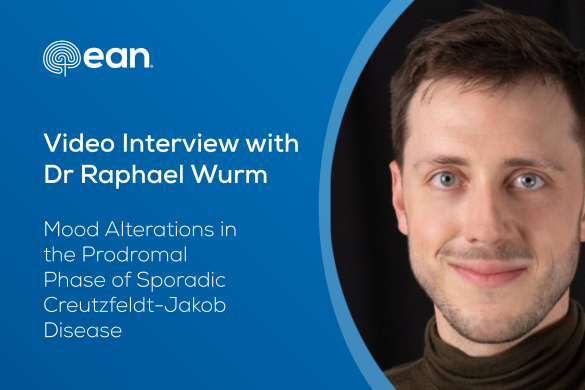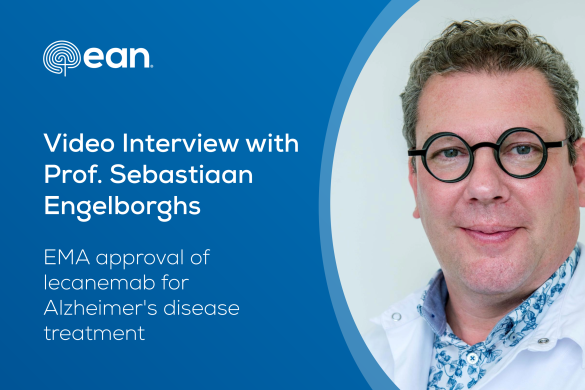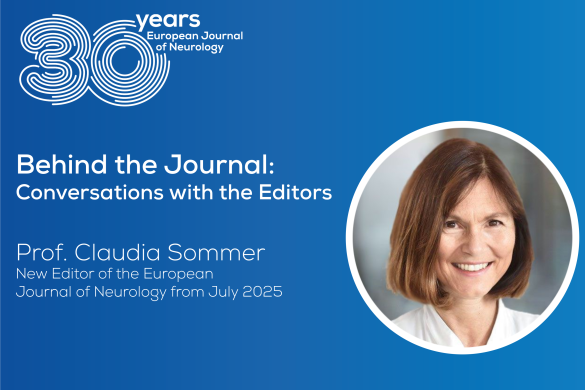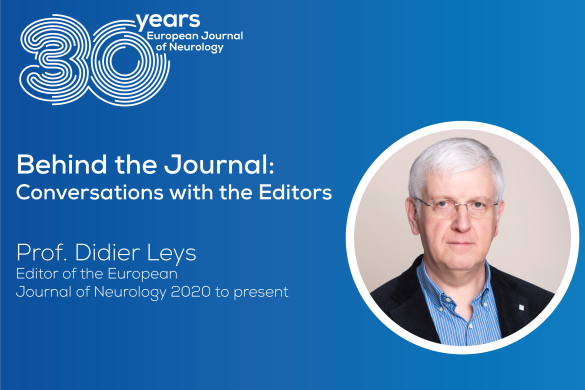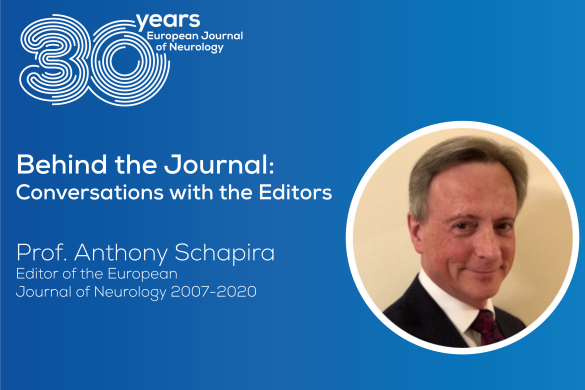Elena Moro (EM): Can you briefly introduce the Alliance for Biomedical Research in Europe (BioMed Alliance) to the Neuropenews readers?
Karin Sipido (KS): The Alliance for Biomedical Research in Europe (BioMed Alliance) is a unique initiative representing 21 leading European biomedical societies that together include more than 400,000 researchers and health professionals across Europe.
The organisation’s aim is to facilitate and promote excellence in health and biomedical research, through advocacy and specific actions, at European level.
The organization creates strength in expertise and in numbers when speaking as single voice for biomedical and health research.
EM: What were the main reasons for founding the BioMed Alliance? How do you see now the mission and main goals of BioMed Alliance?
KS: The BioMed Alliance was created out of concerns from the scientific community that support for biomedical research in Europe was falling. The organisation and funding was considered inadequate to tackle the medical needs and insufficient to maintain competitiveness in Europe despite the high quality and potential of research in and innovation in Europe. Fragmentation of efforts, lack of continuity and of coordination are major barriers. This was taken into the negotiations of the development of Horizon 2020, the 7 year research funding program of the European Commission. The BioMed Alliance was a major partner during the elaboration of the final Horizon 2020 proposal, including the creation of a Scientific Panel for Health.
EM: The BioMed Alliance has worked very hard to safeguard the research budget of H2020. Have the dangers of serious budgetary cuts been avoided or is the budget still under threat? What can the EAN do regarding this issue?
KS: The budgetary cuts have not been avoided and there still is a planned reduction of the H2020 budget to be used in the European Fund for Strategic Investment (EFSI). The BioMed Alliance issued a statement with concerns, and it remains to be seen how the cuts will affect the biomedical research.
EM: The setting of the EC Scientific Panel for Health (SPH) was a major achievement of the BioMed Alliance. What are the main objectives of this panel and how can EAN contribute to its work?
KS: The formal mandate of the SPH is to analyse bottlenecks preventing the achievement of better health and wellbeing for all and propose solutions related to science, research and innovation. It has a foresight task identifying long term trends. It was also asked to propose strategies to promote the effective exploitation of knowledge. EAN can support these activities in liaison with the members of the SPH.
EM: EAN is concerned that biomedical research in Europe could be disadvantaged by overregulation, thereby putting innovation and treatment development for patients at risk. Can the BioMed Alliance address such concerns?
KS: An enabling environment for biomedical research is essential. Rules and regulations help creating such environment but may also be an impediment. Current activities of the BioMed Alliance focus on the revision of the EU regulation on Data Protection that directly affects the organization of clinical trials. Another action is to develop a portfolio on animal research across all medical disciplines in preparation of the upcoming debate on the current legal framework. Contributions from EAN are essential.
EM: Neuropenews is the news blog of the EAN. How do you think it can be useful for the activities of the BioMed Alliance?
KS: Communication and information are of the most important tools in advocacy. Messages need to be spread by the leadership but also the broader community can give support when interacting with policy makers. Neuropenews can help to raise awareness and strengthen the advocacy network.
Professor Karin Sipido works at the KU Leuven, University of Leuven, Belgium
Experimental Cardiology, Department of Cardiovascular Sciences and is President of the BioMed Alliance.






